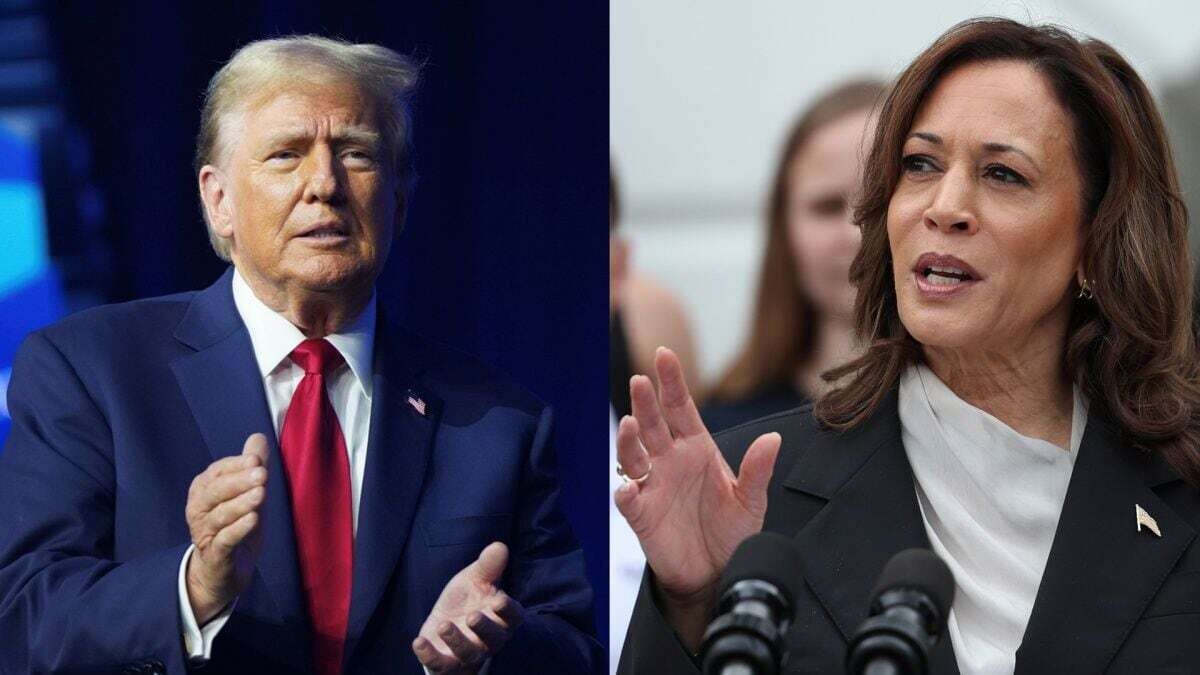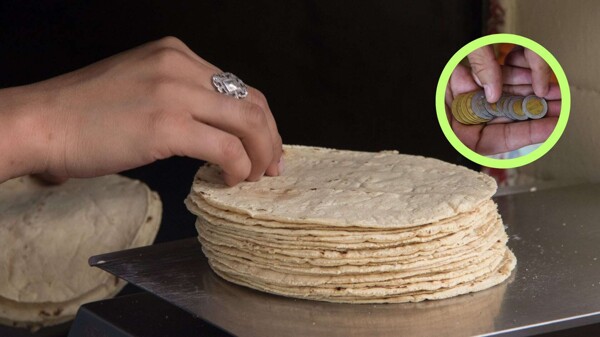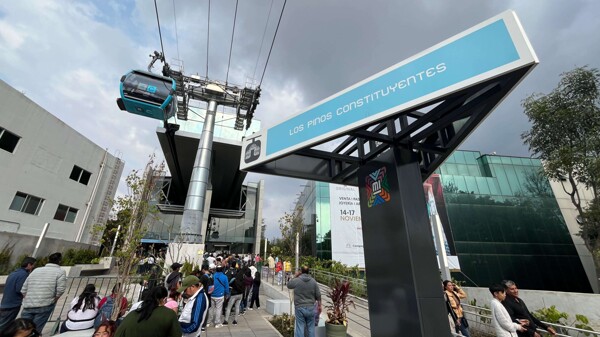
The Mexican peso has lost 15 percent this year and is considered one of the most vulnerable emerging market currencies in the event that strong tariffs are imposed by the U.S. administration. Traders in Mexico are watching for possible fluctuations in the peso following the U.S. elections taking place in less than two weeks, where Kamala Harris and Donald Trump are competing in a tight race.
Francisco Campos, chief economist for Latin America at Deutsche Bank, expressed caution regarding the current situation. One-month implied volatility of the Mexican peso has exceeded 22.43 percent, reaching the highest level since April 2020. According to data collected by Bloomberg, if Kamala Harris wins, the peso is expected to strengthen below 19 per dollar, while a victory for Trump could push it to 20.5.
Trump's promise to impose tariffs on U.S. companies that move their production to Mexico has heightened uncertainty in the market. Erick Martínez Magaña, a strategist at Barclays Plc, pointed out that the potential implementation of tariffs on automobile exports could generate greater volatility, increasing uncertainty in a month to nearly 30 percent. Despite this, some analysts like JPMorgan Chase warn that immediate reactions may be temporary, similar to what occurred after Trump's election in 2016.
In the event of a Kamala Harris victory and the Democrats maintaining control of the House of Representatives and the Senate, a rebound of the peso between 6 and 7 percent is expected, according to bank strategists. The market reaction to the elections is perceived as binary for Latin American currencies, with possible overall weakness in the case of a Republican victory and appreciation in the case of a Democratic victory, said JPMorgan strategists Gisela Brant and Tania Escobedo Jacob. However, they emphasized that the Mexican peso would be the most affected by potential tariffs.














